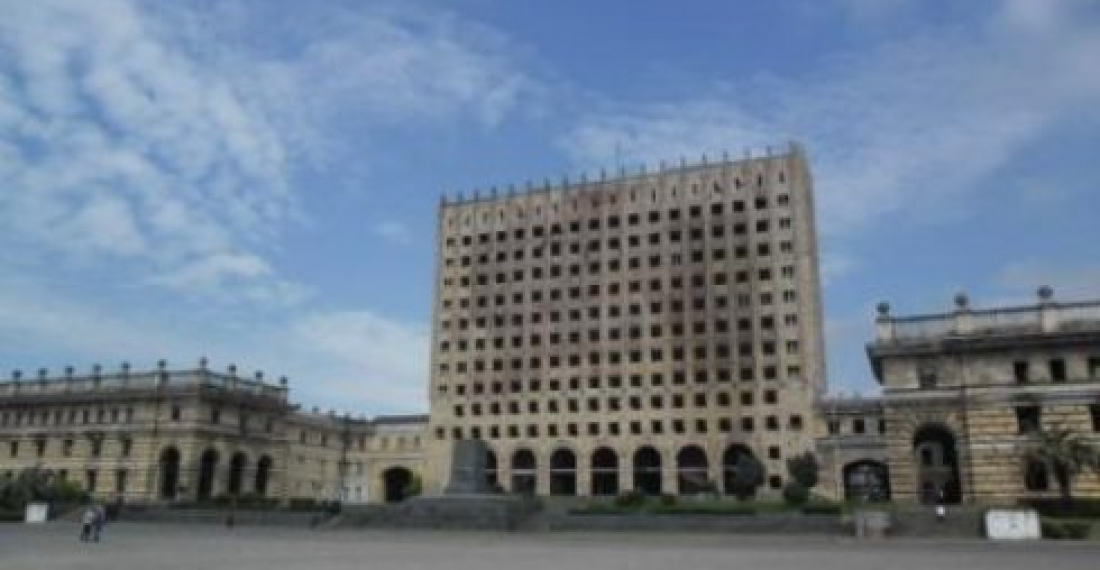Georgia is marking the 25th anniversary of the start of a war that eventually led to the secession of Abkhazia from Georgia. Although tension had been brewing up for years and months before, large scale fighting started in August 1992 when Georgian troops entered Abkhazia in an effort to reassert control following a declaration of independence by the Abkhaz political leadership in the territory a few days earlier.
After two years of fighting Georgian forces, and most of the Georgian civilian population were expelled from Abkhazia in 1994. Georgians accuse Russian military units in the territory and Russian military structures, of helping the Abkhaz side in the conflict. Russia recognised Abkhazia as an independent country in 2008, but the rest of the international community still considers Abkhazia as part of Georgia
Georgian leaders on Monday (14 August) issued statements marking the anniversary of the start of the war, In his tstatement, President Giorgi Margvelashvili reflected on the events of a quarter of a century ago and honoured those fallen in war.
"A quarter century has passed since one of the most tragic events of our recent history - the beginning of the war in Abkhazia. Bloody confrontation killed thousands of our citizens - soldiers or civilians on both sides. With all our society I am honor by the memory of each of them", he stated. "I am deeply convinced that the day will come when we will build a strong, developed, democratic and peaceful state together with Abkhazians and Ossetians", the president added.
source; commonspace.eu
photo: The building of the parliament in Sukhumi, symbolising Georgian rule in Abkhazia was destroyed in the early stages of the fighting an d became a symbol of the tragic war which left thousands of Georgians and Abkhaz dead, and which displaced tens of thousands of civilians. (archive picture).






